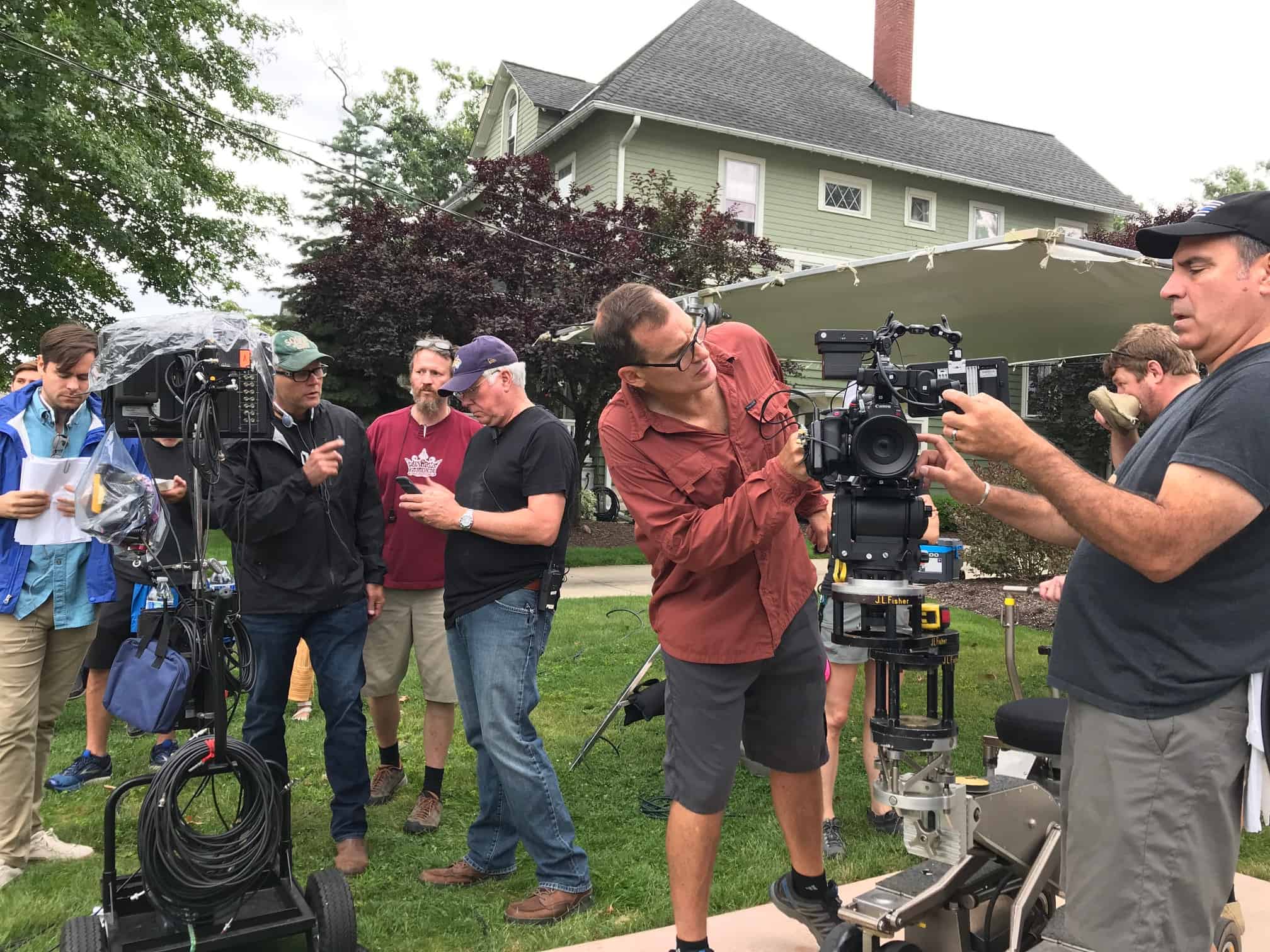Readers of The Actor’s Startup Guide are going to come across industry lingo as they get their career going. One of the terms they’re hopefully going to hear a lot is, “Check avail.” What is it and what does it mean?
I got a text from an actor friend the other day who had auditioned for a co-starring role on a TV show. She seemed right for the job, got a call back, and then her agent called with good news: she had been put on “avail”. But there was a problem.
If you’re not familiar, being on “avail,” or “check avail” is casting’s term for making sure an actor is going to be available for a specific date range. When you’re on avail, you’re not officially booked, but you’re at the top of the list of people being considered for the job. During this time, you’re expected to leave the shoot dates completely open, passing on anything (other jobs, day job commitments, etc.) that would conflict with them.
Eventually you’re either booked or released.
Back to my friend’s situation. For this one-day job, casting wanted to put her on avail for twelve days. They couldn’t tell her what day she might actually work. If she wanted the role, she just had to be available the entire time.
This is common.
But then, an out-of-state relative got sick and needed to have surgery. She wanted to help the family during a trying time, but the trip would conflict with some of her avail dates.

Casting had gone silent. There were no updates on whether she was the choice for the role, so being a good actor, she let her agent know about the trip by booking herself out.
The agent said, “But you’re still on avail for the show.” And that’s when she texted me.
“I think I know the answer to this but do I really have to be available all those days when I might only shoot one? When I get avails for commercials they’re always for specific dates but I’m being asked to hold 12 days for what’ll probably be a half day’s worth of work.”
Welcome to working in television.
I felt bad for her, but she only had two choices: keep the avail as is and skip the trip, or go help her family and tell casting she was no longer available for a few days in the date range.
It’s likely the second option would cost her the job. Here’s why.
A TV production is like a puzzle with lots of moving pieces. The ADs try to line up all those pieces so the show can shoot in the most budget-friendly way. Some of them, like the show’s main set and the series regulars, don’t move much. Sets don’t go anywhere and the regs are paid to be available all the time.
But other things are not as predictable, like locations, the weather, and the availability of all the people working on the episode.
Since the AD’s have to consider everyone’s (and everything’s) availability, they have priorities. If they have a series regular who needs to be out one day doing press, that actor’s scenes can’t be shot that day. If a rented location is only available on a specific day, they have to shoot that location on that day, not on another.
Eventually they get down to the guest cast, and if you have a conflict, there are probably too many other variables preventing production from working around your schedule. So instead of moving everyone else, they’ll likely just get a different actor to do the job.
This makes sense, believe it or not.
Making a TV show week-in and week-out is a logistical nightmare, and production needs to remove as much friction as possible out of the process. My friend’s trip to help her family was totally honorable, but it’s friction. If it took place on the day she was supposed to shoot her scene, it would be much easier for them to replace her than move the scene to a different day.
In the end, everything worked out for her. She booked the role and scheduled the trip around the shoot day.
Sometimes the key to success in this business is just being easy to book, despite any inconvenience that may come with. But know that if you’re auditioning for TV, you’ll be asked to be available for long periods of time even if your role only shoots one day.

